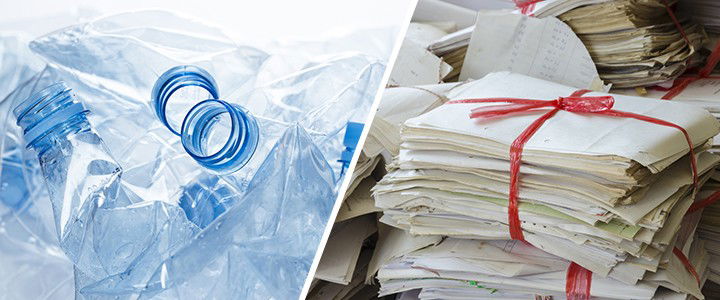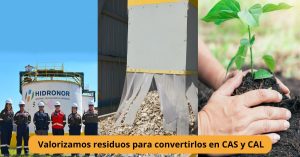Published on February 19, 2016.-
Develop a ecological waste awareness it is essential to protect the planet from the environmental disasters that are occurring.
The benefits generated by recycling become your contribution to the environment. You, with the act of recycling, will help to:
- Reduce waste.
- Save natural resources and energy.
- Reduce pollution.
- Preserve flora and fauna.
- Create new jobs.
- Make a contribution against climate change and access to drinking water, by populations without it.
To start creating this habit of recycling in your home and contribute to the care of the planet, you must bear in mind the following information:
1. The waste that are generated in your home, you must classify them by type of products. We advise you to separate by types of organic and inorganic waste to clearly distinguish what is feasible to recycle to transfer to your nearest Clean Point. With regard to inorganic waste, we mean Tetra Pak paper, cardboard, plastics, metals, glass and packaging. Then we have a subgroup within these waste that must also be separated and are: oils, batteries, furniture, debris, clothing and useless appliances.
2. It is important to keep in mind what the waste that are not recycled in clean points, for example; organic waste, frozen food or take-out boxes, paper bags with plastic contents inside, photographs, used napkins, paper or cardboard containers that contain food scraps.
3. Finally, it is necessary to know the time that microorganisms take to decompose some materials:
- Plastic bottles: 500 years or more.
- Plastic bags: from 12 to 20 years.
- Milk containers: five years.
- Glass: 4,000 years.
- Thermal polystyrene cups: 100 years.
- Leather shoes: from 25 to 40 years old.
- Iron: 10,000 years.
Find Here your closest Clean Point.
Source: laopinión.com







